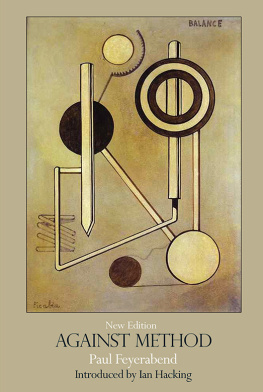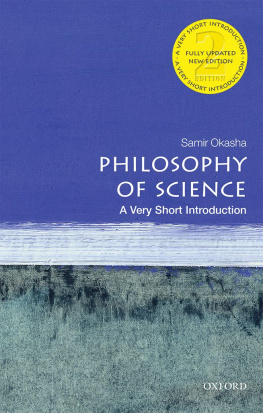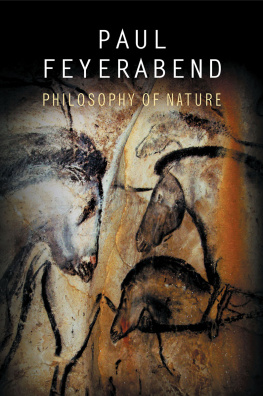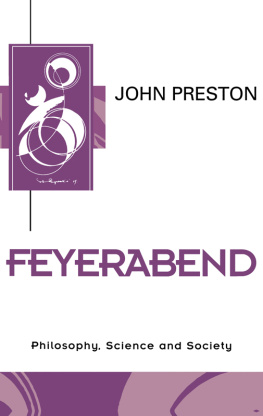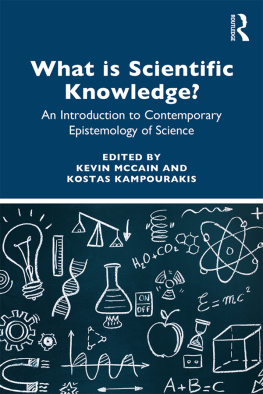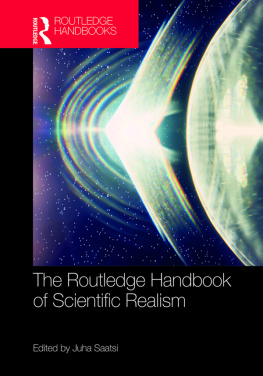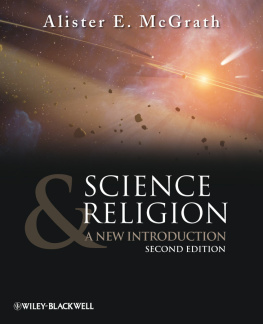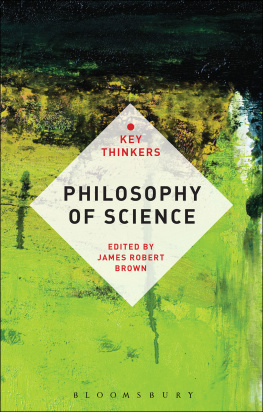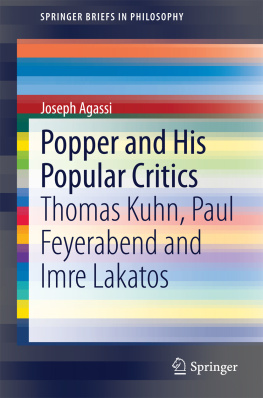Contents

Against Method
Against Method
Fourth Edition
_____________________________________________
Paul Feyerabend

First published by New Left Books 1975
Revised edition published by Verso 1988
Third edition published by Verso 1993
This edition published by Verso 2010
Paul Feyerabend 1975, 1988, 1993, 2010
Introduction to the fourth edition Ian Hacking
All rights reserved
The moral rights of the authors have been asserted
1 3 5 7 9 10 8 6 4 2
Verso
UK: 6 Meard Street, London W1F 0EG
US: 20 Jay Street, Suite 1010, Brooklyn, NY 11201
www.versobooks.com
Verso is the imprint of New Left Books
ISBN-13: 978-1-84467-442-8
British Library Cataloguing in Publication Data
A catalogue record for this book is available from the British Library
Library of Congress Cataloging-in-Publication Data
A catalog record for this book is available from the Library of Congress
Typeset by Hewer Text UK Ltd, Edinburgh
Printed in the US by Maple Vail
Contents
Against Method is more than a book: it is an event. That was what it felt like, when the work came out in 1975. Feyerabend was notorious, adored by the young, loathed by the established. The turbulent sixties were winding down, and here was an intellectual testament to the ferment. This was the Woodstock of philosophy. The book should now be read in two ways, both as a part of that era, and also as a contribution to intellectual life in the long term.
There are many lovely things about the book. The first is the Analytical Index, Being a Sketch of the Main Argument. This is not some machine-readable abstract of the type now required by scholarly journals. Paul Feyerabend is telling you, in his own plain (and thereby elegant) prose, what he thinks is interesting, chapter by chapter. Yes, it is OK if you skip a couple of chapters, or read the book from back to front. This is not to say you should not read the work sentence by sentence, but the great merit of a book is that you can take it hitch-hiking or to a sit-in, and read a bit while you are munching a few pilfered tomatoes or sheltering from a storm. You can pick up an idea, chase it, and relocate it in the Analytical Index, all the while being in a physical relation to the pages upon which you can scribble expostulations, if that is your wont.
I have been saying this book. That is doubly wrong. First because, as Feyerabend truly said, AM is not a book, it is a collage.the construction of objects, scientific and other. The 1988 Chapter 19 (Whats so great about science?) has been much extended. He says that he rewrote Chapter 16, which is essentially the 1975 Chapter 17, for the 1988 edition. That is misleading. He chiefly cut six pages from it: a discussion of incommensurability, a topic which, as he indicates in the Preface to the Third Edition, had been worked to death by 1993. And he added the epilogue on relativism, a bone on which he chewed over and over again.
The publishers of all three books are in effect the same, for New Left Books was the original trade name of Verso. Feyerabend had his little battles with New Left Books see his amusing letters to Imre Lakatos, which include a frustrated cable from Feyerabend in New Zealand to Lakatos in London, dated 2 August 1972. In the 1988 preface, Feyerabend indicated, in broad strokes, what he added, rearranged, or cut from 1975. I am by no means sure he was right to make the changes.
To Imre Lakatos
In 1975 there was a dedication, To IMRE LAKATOS Friend, and fellow-anarchist. It was removed in 1988. Nothing odd about that Lakatos had died suddenly in 1974. In 1975 there was a single moving paragraph explaining that the book had been intended to be published in tandem with an equally vigorous response by Lakatos, one which was never written. In 1988 Feyerabend put this thought into a longer but not more effective preface. Here he repeated the dedication in clumsy embedded prose: I therefore dedicate also this second, already much more lonely version of our common work to his memory. The 1975 front matter a dedication on an empty page, followed by a brief paragraph on another empty page is far more moving, and no less intellectually telling. And so, in my opinion, it goes. Of course the publishers could not reprint the first edition rather than the final one. Happily they have now put the 1975 original online.
One fundamental difference is that in 1975 the book had a long Chapter 16 on Lakatos, the ironically named fellow-anarchist of the subtitle. It was deleted and in 1988 the analytical summary of the chapter was reduced to a mere footnote to the preceding chapter.
Lakatos and Popper
Feyerabend speaks for himself. An introduction by someone else is wanted only to suggest the historical setting in which the first book was published. The following notes are for people born after 1975, for whom the event called Against Method is somewhere back in prehistory, like the fall of the Berlin Wall. Since the book is dedicated to Imre Lakatos (19221974), we can start with their relationship, although that means I shall subsequently have to move backwards in time. For a deeper grasp of the friendship between Lakatos and Feyerabend, dip into For and Against Method. It includes 250 pages of rambunctious, irreverent, but astute letters between the two men, written between 1967 and 1974, exactly the period when Against Method came into being.
Lakatos, educated in Budapest, had a turbulent youth. Towards the end of the Second World War he led a cell in the Communist resistance against Hungarian fascism. He became an influential figure in the party, was disgraced, jailed, released, and left Hungary after the failed rebellion of 1956. He arrived at the University of Cambridge. His PhD thesis was published as Proofs and Refutations. It is one of the most original twentieth-century contributions to the philosophy of mathematics, although it is usually regarded more as pedagogy than as philosophy. He turned to the philosophy of the sciences and gravitated, in 1960, to the London School of Economics, where Karl Popper ruled.
No philosopher of the sciences was more admired by working scientists than Popper. His watchword, or phrase, was Conjectures and Refutations. Science is hypothetico-deductive. Scientists frame conjectures and test their logical consequences. A proposition is scientific if and only if it is falsifiable. Otherwise it is metaphysical not meaningless or useless, as logical positivists tended to say, but in need of clarification, dialectical analysis, and deep thought, in order to be reworked into something testable. On numerous occasions Feyerabend was to recall that Popper began his class by saying that there is no scientific method. And then (said Feyerabend) he began to go wrong, enunciating, in effect, the method of conjectures and refutations.
In 1969, Lakatos inherited Poppers chair. He devised a Methodology of Scientific Research Programmes which was, in Lakatoss own terminology, a progressive problem shift from Poppers inquiry into the nature of rationality and science. Lakatos continued the tradition of the Popper Seminar, a weekly happening during term. Under both Popper and Lakatos it was famous for confrontation. An invited guest seldom got through more than ten minutes of exposition before being subject to violent criticism. A great many people hated the experience and feared what they thought was hostility. Some loved the ambience. One was Feyerabend. I do not know when the two men, Lakatos and Feyerabend, first met; in the early 1960s, perhaps. By 1967, when the published correspondence between them begins, they were soulmates.

